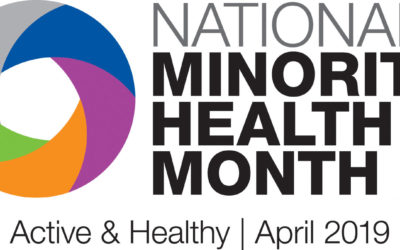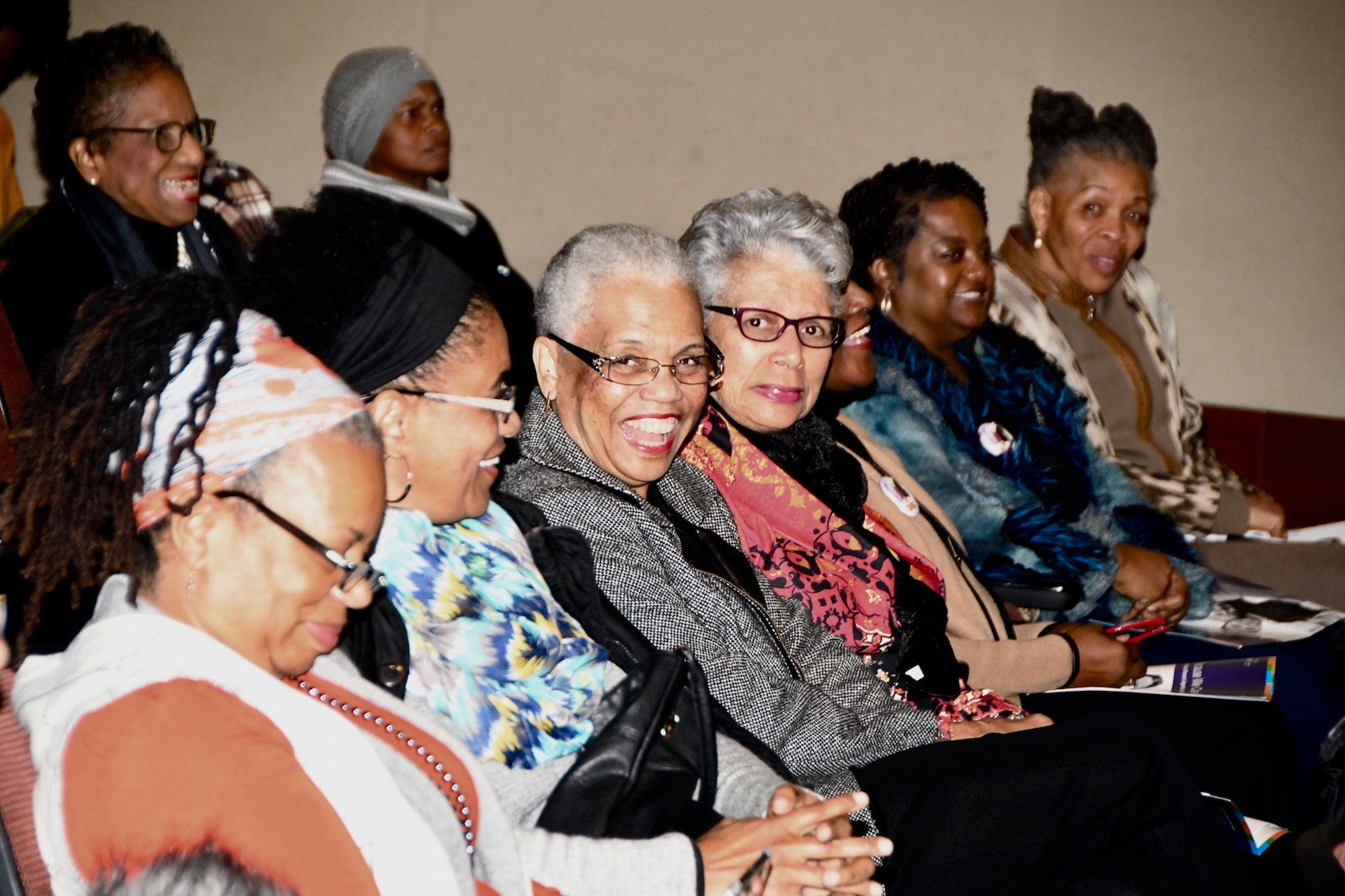
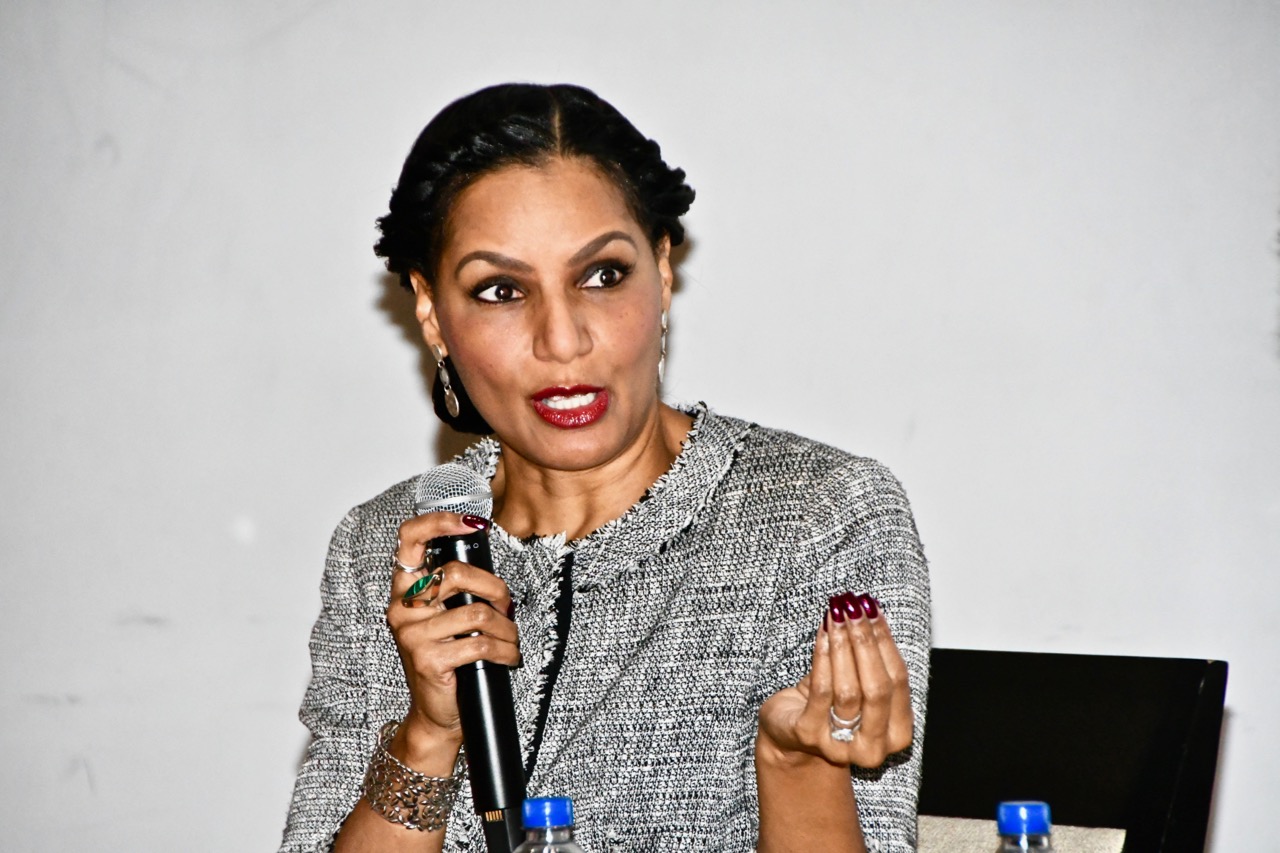
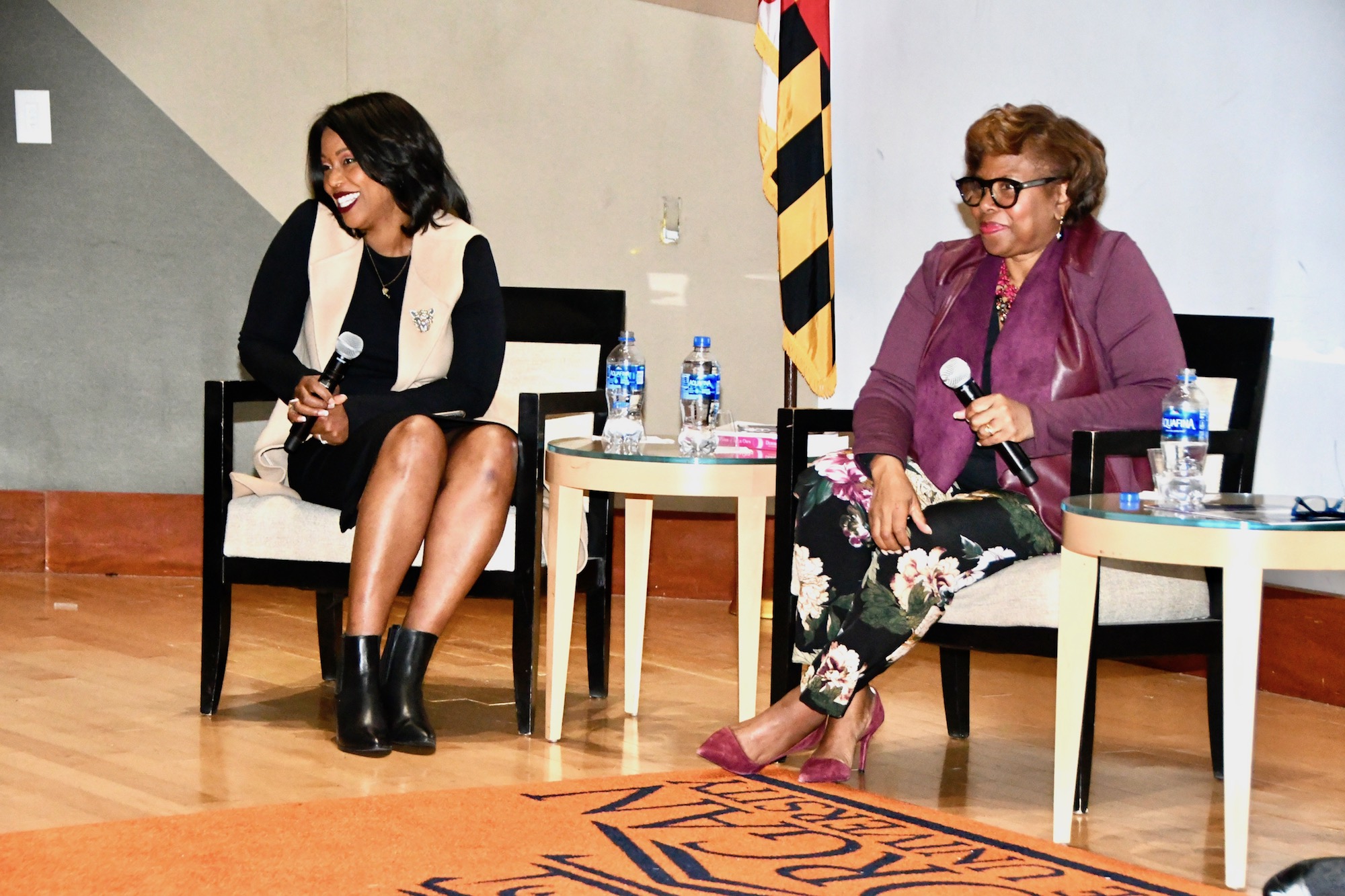
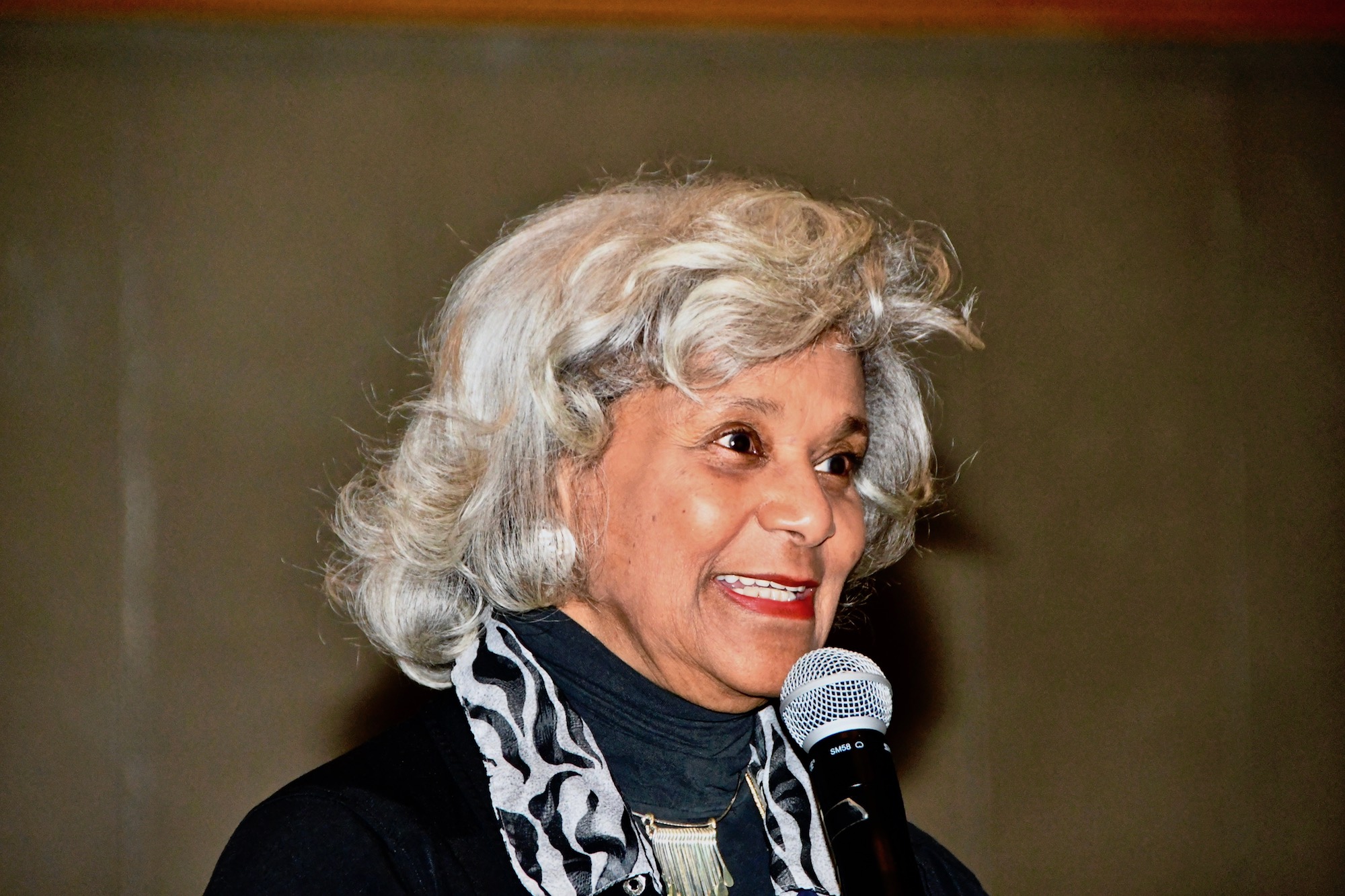
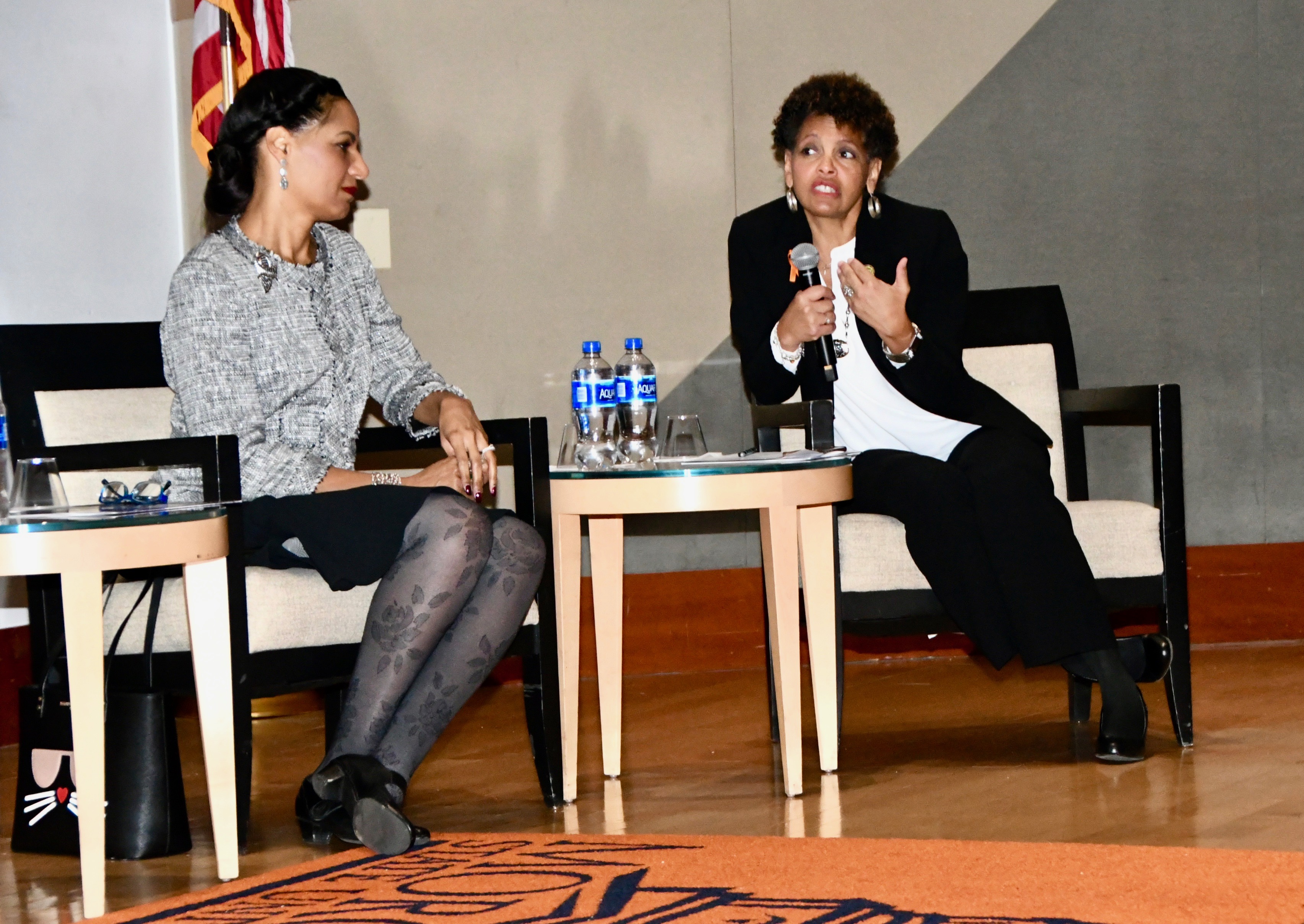
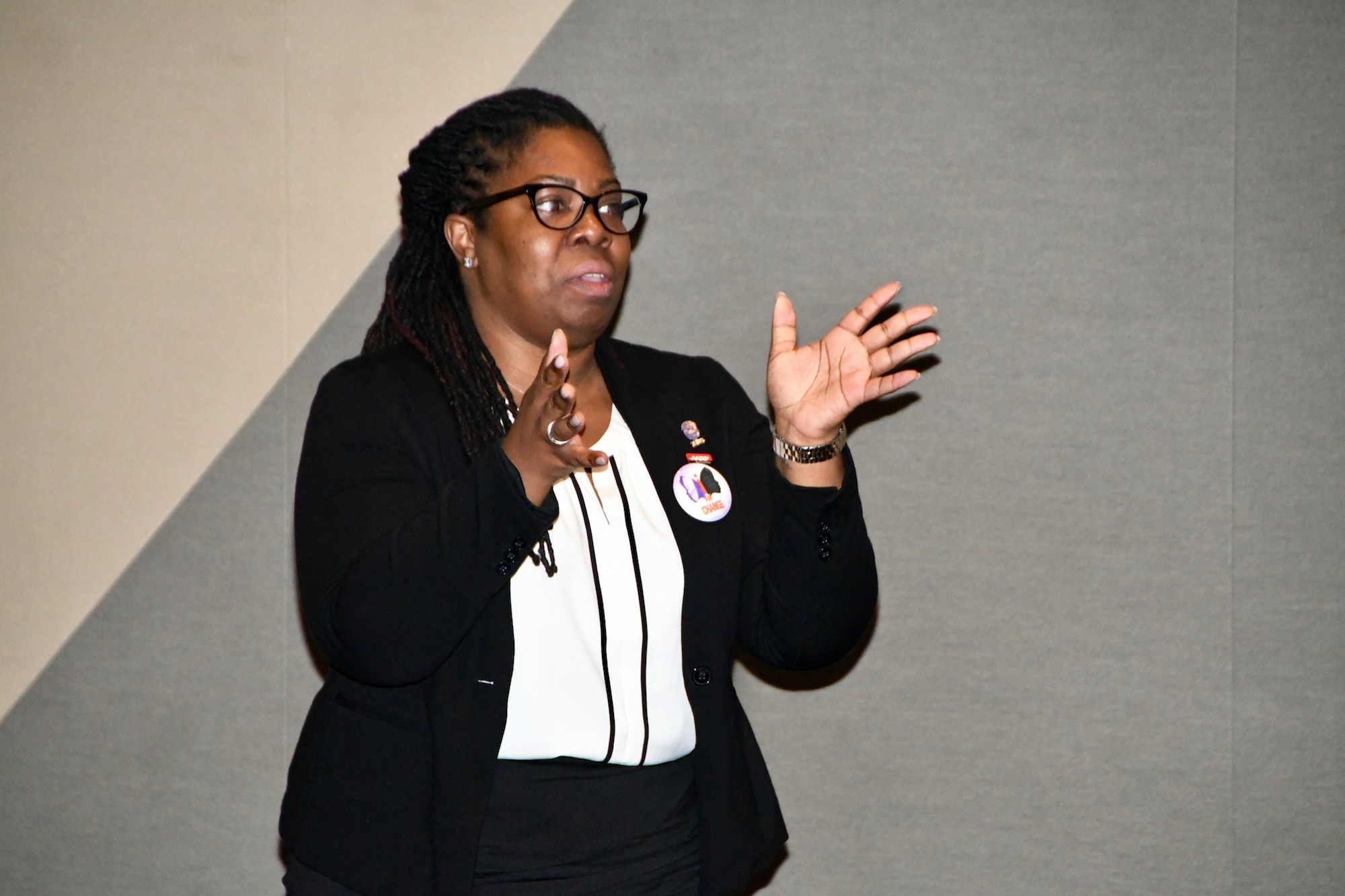
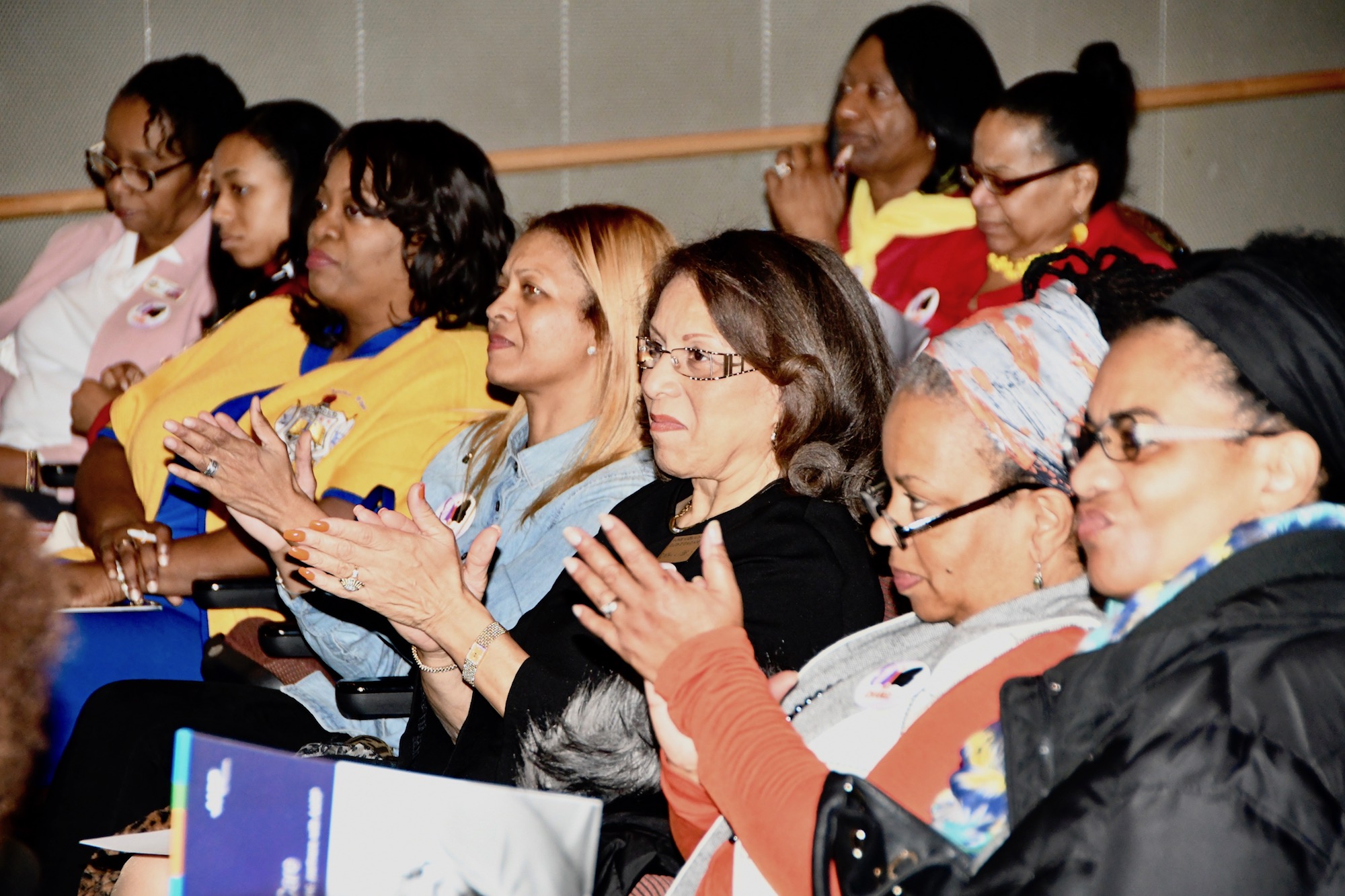
BLACK WOMEN FOCUS ON AGING MASTERY
The Black Women’s Agenda, Inc. recently hosted a summit themed, “I Am the Change: Living Your Best Life at Every Age,” at Morgan State University in Baltimore, MD. Sponsored by AARP and featuring leading experts in the fields of health, education, and economic security, the event focused on the importance of health and wellness in the aging process.
“Too often black women are focused on everyone and everything except themselves,” said panel moderator Dr. Rockeymoore Cummings. “Our concern for and work on behalf of our families and communities competes with our ability to implement self-care strategies that support our physical, emotional, spiritual, and socioeconomic wellbeing.”
Nowhere is this more true than in the area of financial health and wellbeing. A 2017 study released by the Samuel DuBois Cook Center on Social Equity and the Insight Center for Community Economic Development found that the median wealth level of a single black women aged 60 and older with a college degree is $11,000 compared to $384,400 for a similarly situated white woman.
Deborah Owens, CEO and Founder of Wealthy University highlighted the income and wealth disparities facing black women and recommended black women embrace strategies that encompass financial planning at earlier ages, an aggressive attitude toward savings and investment, and entrepreneurial activities to boost earnings over time.
“I want to really urge African-American women to get started investing earlier. There will always be demands on our economic resources; mortgages, student loans and basic living expenses. However, time is the greatest predictor of financial success. It’s not how much you invest, it’s how long your money has the opportunity to compound and grow.”
Although earnings and wealth are traditionally tied to education levels, research and statistics show that many African Americans don’t get the same economic return on investments in their education. Nevertheless, Dr. Tiffany B. Mfume, Assistant Vice President for Student Success and Retention at Morgan State University, emphasized that educational attainment is still the best option for African American women seeking to maximize their earnings and quality of life.
“Despite the Great Recession and equity gaps, college education remains the most proven, invaluable lifetime investment and serves as the most reliable path to upward mobility and socioeconomic class reassignment,” said Dr. Mfume. “For students of color, graduating from HBCUs relative to non-HBCUs has demonstrated superior long-term returns with respect to nurturing self-image, self-esteem, and identity, all of which advance labor market outcomes.”
Although many black women strive to lead healthy lives, they are more prone to develop chronic diseases such as cancer, type 2 diabetes, and hypertension, which undermines their productivity and quality of life. Dr. Terri L. Hill, a prominent plastic surgeon who also serves as a delegate in the Maryland state legislature, argued that these disparities underscore why health and wellness should be prioritized alongside socioeconomic well being.
“The Black Women’s Agenda seeks to help black women reduce the stress they experience as leaders in their jobs, families, and communities,” said the organization’s president Gwainevere Hess. “We want black women to lead happier, healthier, and longer lives by taking a more deliberate approach to self care that includes attention to financial, educational, physical, emotional, and spiritual well being.”
OTHER NEWS
April Is National Minority Health Month
This April, join The Black Women’s Agenda, Inc. in celebrating National Minority Health Month. This year, the U.S. Department of Health and Human Services Office of Minority Health (OMH) will join partners in raising awareness about the important role an active lifestyle plays in keeping us healthy. Their theme for the 2019 observance is Active & Healthy, which will “allow OMH and minority health advocates throughout the nation to emphasize the health benefits of incorporating even small amounts of moderate-to-vigorous physical activity into our schedules.
March is Women’s History Month
This March, join The Black Women’s Agenda, Inc. as we celebrate Women’s History Month. Congress first declared March as Women’s History month in 1987. Since then, every year there’s a Presidential Proclamation to announce the month and to honor women who have made a notable impact in history.
According to the National Women’s History Alliance, “In February 1980, President Carter issued the first Presidential Proclamation declaring the Week of March 8th 1980 as National Women’s History Week. In the same year, Representative Barbara Mikulski, who at the time was in the House of Representatives, and Senator Orrin Hatch co-sponsored a Congressional Resolution for National Women’s History Week 1981. This co-sponsorship demonstrated the wide-ranging political support for recognizing, honoring, and celebrating the achievements of American women.
FEBRUARY IS AMERICAN HEART MONTH
This year, as our hearts fill with pride while we celebrate Black History Month, let us also remember to focus on our heart health. And not just on Valentines Day – the entire month of February is American Heart Month.
Heart disease is the leading cause of death for men and women in the United States and certain minority groups face a greater risk than others. Deaths from heart disease are higher in Black Americans than in White Americans and other ethnic groups, and heart disease develops at a younger age in African Americans.
But, heart disease can often be prevented when people know their risks, make healthy choices and manage their medical conditions. So this month, learn the signs and symptoms and the steps you can take to make a difference in your life and the lives of your loved ones at https://www.goredforwomen.org
© 2025 The Black Women’s Agenda, Inc. All Rights Reserved. Privacy Policy

